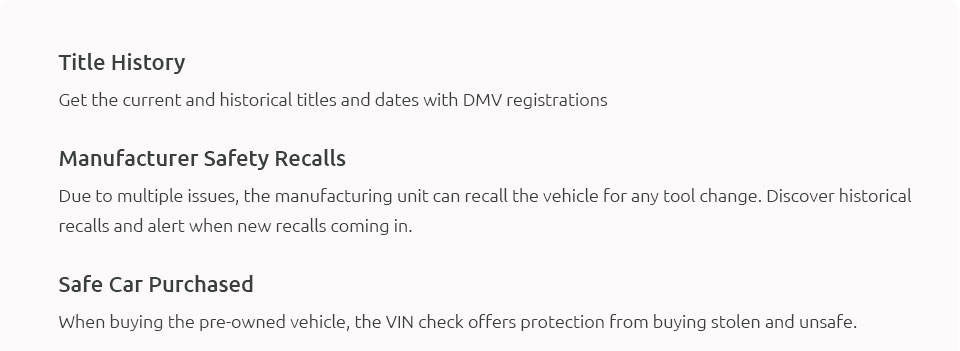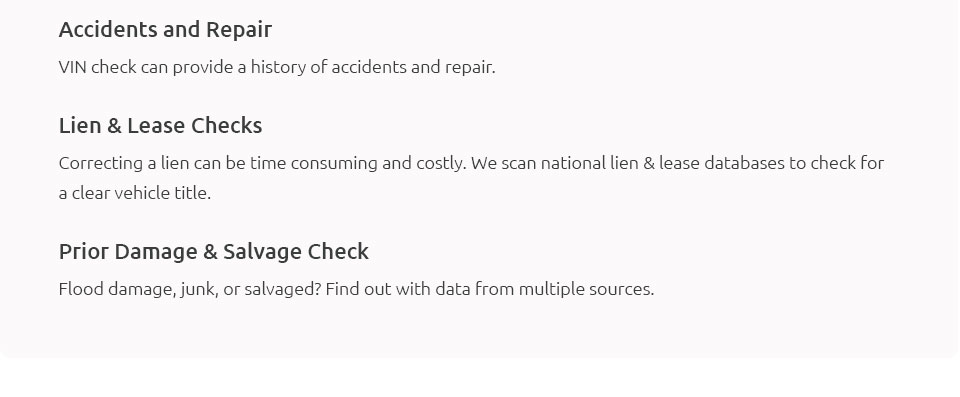 |
 |
 |
||
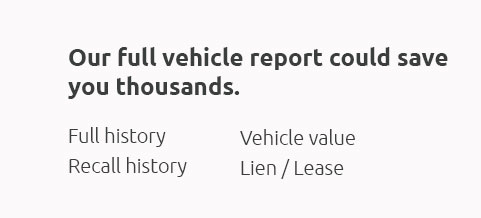 |
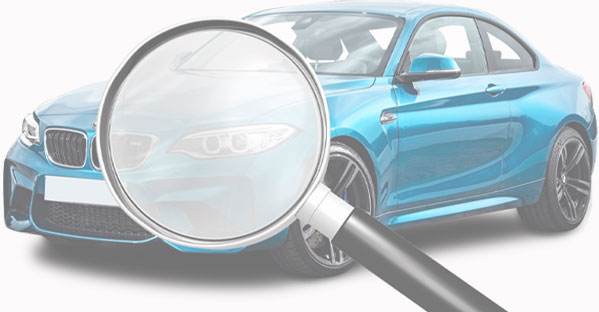 |
|
 |
||
 |
 |
 |
 |
||
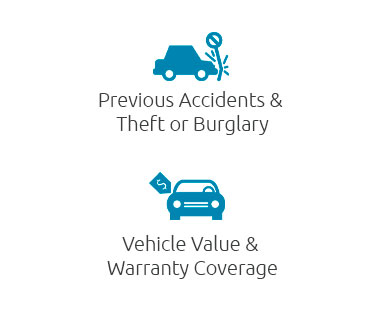 |
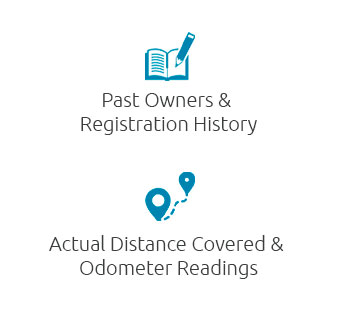 |
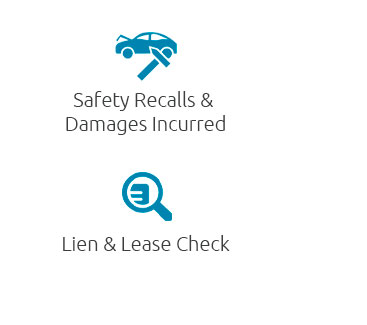 |
 |
 |
||||
|
||||
 |
|
Unlock the truth behind every vehicle with our unparalleled VIN Check Service and Car History by VIN, featuring the groundbreaking Record Finder License Plate-where cutting-edge technology meets transparency, empowering you with instant, comprehensive insights into any car's past, from accidents and repairs to ownership records, all in one seamless experience; because we believe in driving with confidence, and knowledge is your ultimate co-pilot.
https://recordsfinder.com/plate/
By using our license plate lookup tool you can find owner info, vehicle records, lien records and driving records. Our free search tool takes only seconds. https://www.quora.com/Can-you-run-a-DMV-search-on-someone-s-license-plate-number
Generally, no. Citizens do not have access to the DMV database. The only people who can do that are law enforcement agencies. https://www.quora.com/Can-you-find-out-a-persons-name-by-their-license-plate-number-If-so-is-it-free-And-if-not-why-isnt-public-data-free
... license plate lookup service that gives access to insurance claim and vehicle theft records. ... record of all registered license plates ...
|

